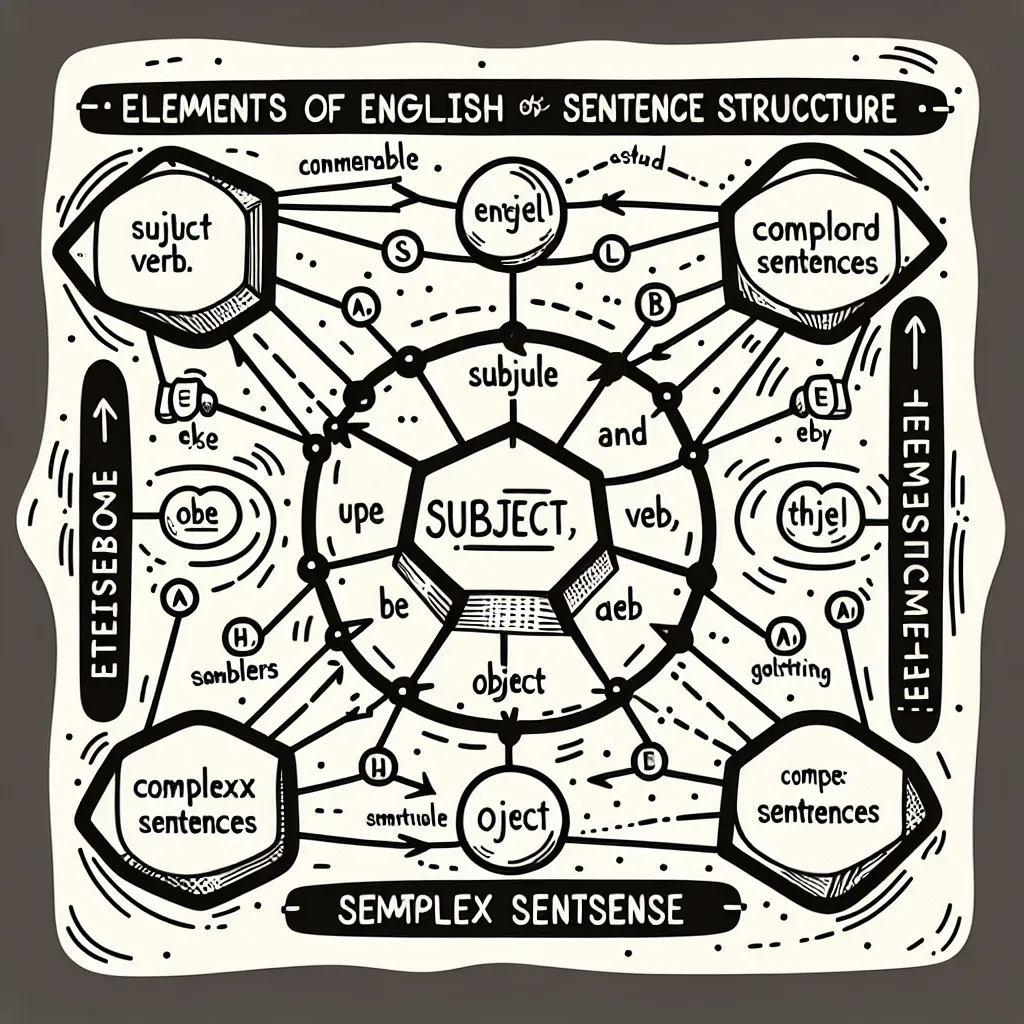The subjunctive mood in conditional sentences is a crucial aspect of English grammar that often challenges learners. Mastering this concept can significantly enhance your language skills and enable you to express complex ideas with precision. This guide will explore the intricacies of using the subjunctive in conditionals, providing you with practical tips and examples to perfect your usage.
Understanding the Subjunctive in Conditionals
The subjunctive mood is used to express hypothetical or unreal situations, wishes, and suggestions. In conditional sentences, it plays a vital role in conveying the degree of possibility or impossibility of a given scenario. Understanding when and how to use the subjunctive in conditionals is essential for advanced English proficiency.
Why is the Subjunctive Important in Conditionals?
The subjunctive allows speakers to express nuanced meanings in hypothetical situations. It helps differentiate between realistic and unrealistic conditions, and conveys the speaker’s attitude towards the likelihood of an event occurring. This level of precision is particularly valuable in academic writing, business communication, and diplomatic language.
 Subjunctive in Conditionals
Subjunctive in Conditionals
Types of Conditional Sentences Using the Subjunctive
1. Second Conditional
The second conditional uses the subjunctive to discuss hypothetical or unlikely situations in the present or future.
Structure: If + Past Simple, Would + Infinitive
Example: “If I were rich, I would travel the world.”
In this sentence, “were” is the subjunctive form, used regardless of the subject.
2. Third Conditional
The third conditional employs the subjunctive to talk about hypothetical situations in the past.
Structure: If + Past Perfect, Would Have + Past Participle
Example: “If I had studied harder, I would have passed the exam.”
3. Mixed Conditionals
Mixed conditionals combine different types of conditionals to express complex temporal relationships.
Example: “If I had saved money (past), I would be traveling now (present consequence).”
Common Mistakes and How to Avoid Them
-
Using “was” instead of “were” in second conditionals:
Incorrect: “If I was rich…”
Correct: “If I were rich…” -
Forgetting to use the past perfect in third conditionals:
Incorrect: “If I studied harder, I would have passed.”
Correct: “If I had studied harder, I would have passed.” -
Mixing up tenses in complex conditionals:
Incorrect: “If I would have known, I will tell you.”
Correct: “If I had known, I would have told you.”
Advanced Usage and Variations
Omitting ‘If’
In formal or literary contexts, ‘if’ can be omitted and the order inverted:
“Were I to choose again, I would make the same decision.”
Using ‘Should’ for Formal or Hypothetical Situations
“Should you require any assistance, please don’t hesitate to ask.”
This structure adds a formal tone and implies a lower probability.
Practical Exercises to Master the Subjunctive in Conditionals
- Rewrite sentences using different conditional structures.
- Create dialogues using mixed conditionals.
- Practice identifying and correcting errors in conditional sentences.
For more advanced grammar exercises, you might find our guide on Advanced Grammar for Professional Communication helpful.
The Importance of Context in Using the Subjunctive
Understanding the context is crucial when using the subjunctive in conditionals. The choice between different conditional forms can significantly alter the meaning of a sentence. Consider the following examples:
- “If I win the lottery, I will buy a house.” (First conditional – possible future scenario)
- “If I won the lottery, I would buy a house.” (Second conditional – unlikely or hypothetical scenario)
- “If I had won the lottery, I would have bought a house.” (Third conditional – impossible past scenario)
Each of these sentences conveys a different level of probability and timeframe, demonstrating the importance of selecting the appropriate conditional form.
Integrating the Subjunctive in Everyday Communication
To truly master the subjunctive in conditionals, it’s essential to incorporate it into your daily language use. Here are some strategies:
- Practice creating hypothetical scenarios in conversations.
- Use conditional sentences when discussing plans or possibilities.
- Analyze the use of conditionals in literature, news articles, and academic papers.
Remember, perfecting the use of the subjunctive in conditionals is a gradual process that requires consistent practice and attention to detail.
Conclusion
Mastering the subjunctive in conditionals is a significant step towards advanced English proficiency. By understanding the different types of conditionals, avoiding common mistakes, and practicing regularly, you can enhance your ability to express complex ideas with precision and sophistication. Continue to challenge yourself with advanced grammar concepts, and don’t hesitate to seek additional resources or professional guidance to further refine your skills.
We encourage you to share your experiences or questions about using the subjunctive in conditionals in the comments below. For more in-depth grammar guides and practice materials, explore our other articles on advanced English usage.




